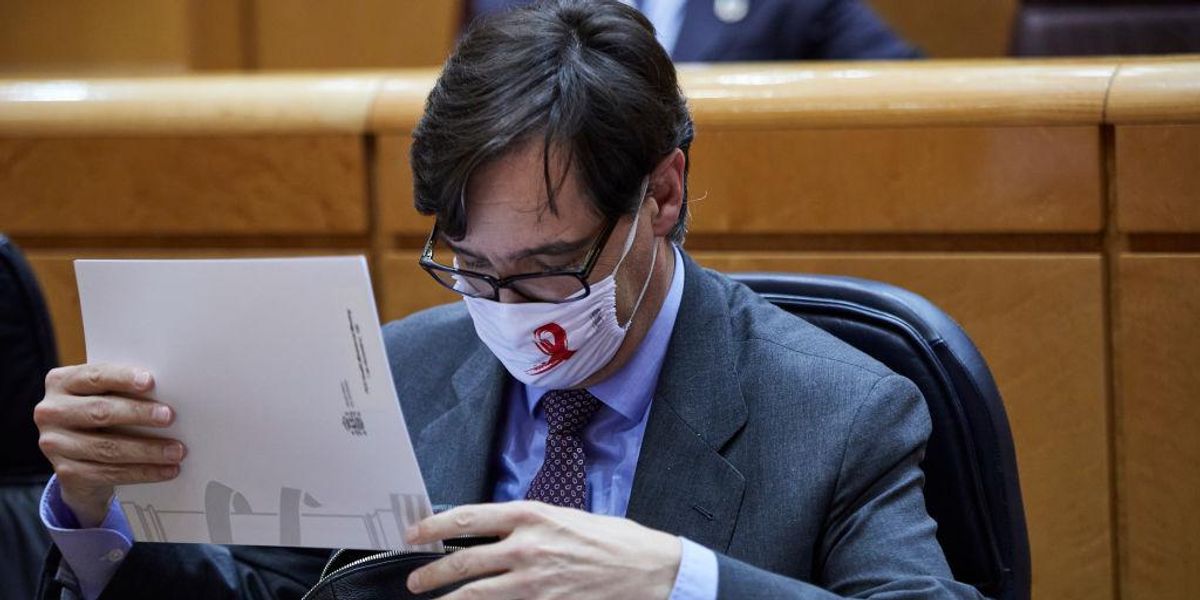Spain plans to set up a register of people who refuse to receive a vaccination for the coronavirus and share it with officials in other European Union nations, the country’s top public health official announced this week.
Spain’s health minister, Salvador Illa, insisted the vaccine will not be mandatory and that the list of those who refuse it will not be made public. But those claims are highly questionable given the fact that the country will essentially harass those who don’t receive the vaccine by tracking them on a blacklist of sorts before sharing that list with other nations.
“What will be done is a register, which will be shared with our European partners of those people who have been offered [a vaccine] and have simply rejected it,” the minister said in an interview with La Sexta, a Spanish television channel, on Monday. “It is not a document which will be made public and it will be done with the utmost respect for data protection.”
“People who are offered a therapy that they refuse for any reason, it will be noted in the register … that there is no error in the system, not to have given this person the possibility of being vaccinated,” he added.
Illa reportedly noted that while vaccination is voluntary, officials in the country “all see that the best form to defeat the virus is to get all vaccinated — the more the better.” He portrayed receiving a vaccination as “an act of solidarity toward our loved ones and our citizenship.”
Spain is one of the European countries hit hardest by the virus, as more than 1.8 million confirmed cases have been reported since the start of the outbreak, resulting in more than 50,000 deaths.
The news came just one day after Spain began its rollout of the Pfizer and BioNTech vaccine with a plan to inoculate 2.5 million individuals in high-risk categories before March.
BBC News reported that some in the country are still reluctant to receive the vaccination, though that number has fallen dramatically of late. The news outlet cited a recent poll showing the number of Spanish citizens who said they will not take the vaccine fell from 47% to 28% in November.
“People who decide not to get vaccinated, which we think is a mistake, are within their rights,” Illa added during the interview. “We are going to try to solve doubts. Getting vaccinated saves lives, it is the way out of this pandemic.”
It is unclear whether Spain’s initiative to “solve doubts” will persuade more people to receive the vaccine or whether it will have the opposite effect.
It’s just the latest public health initiative that may prove to threaten individual freedom and privacy. It was also reported this week that “vaccine passports” may soon be required to travel or enter certain venues.
